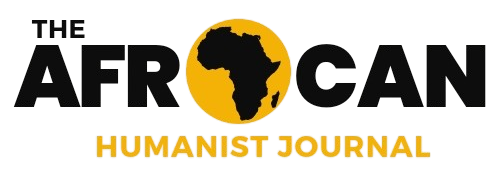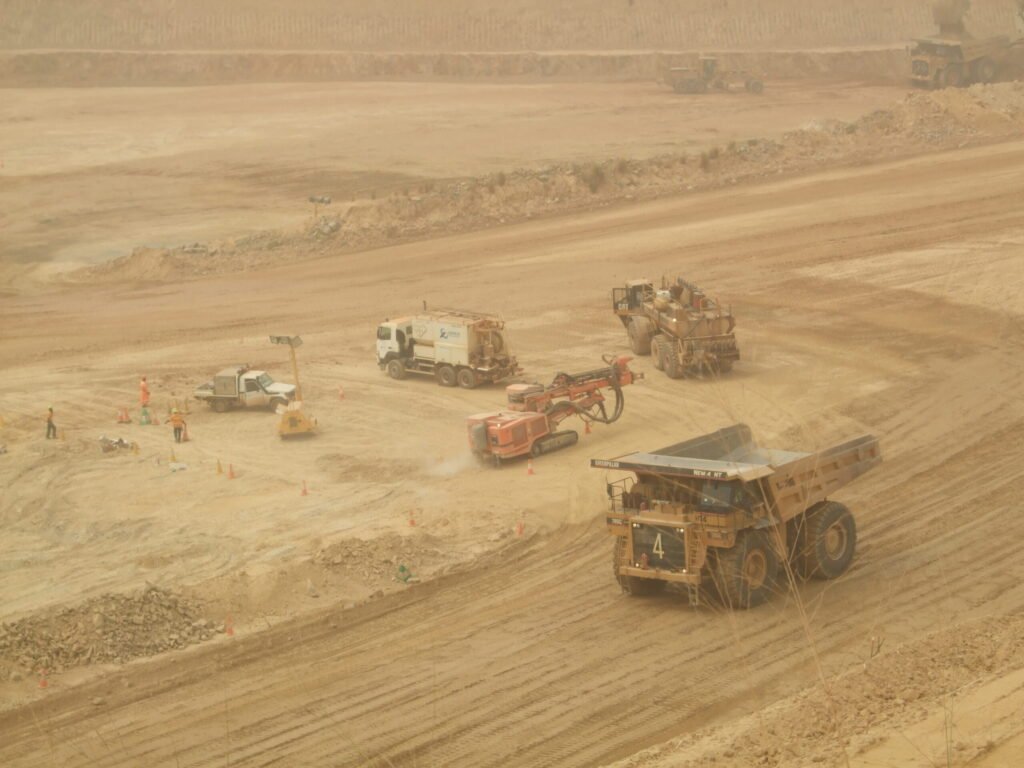Ghana means the ‘Warrior King’, a name derived from the ancient Ghana Empire which was famously noted for its gold production. Our Beloved Country was named the ‘Gold Coast’ by European merchants because of its abundance of gold and other mineral deposits.
Gold-bearing rocks are found in the south-western and western parts of the country which constitute the metallogenic province of Ghana. These rocks were formed in the Proterozoic eon, and the gold-bearing rocks are primarily Birimian and Tarkwaian. This is the area where mining and mineral exploration is mainly concentrated. Moreover, both residual and alluvial placers occur in Ghana, but the alluvial types are the most common.
There are high concentrations of gold deposits in the flood plains, buried valleys, riverbeds, channels and terraces, and these are the target areas for both legal and illegal mining. There are notable alluvial gold concentrations in many rivers including the Ankobra, Offin, Birim, Pra, Jimi, Tano and Fura rivers.
Galamsey
At Humanist TV Africa our role is not to downplay the economic benefits of gold mining, but it is important that we raise our voice regarding the environmental impact of mining activities. Bodies of water, forests, and many endangered species of animal life are vital for the sustainment of our country. The increasing price of gold signals that the form of illegal mining popularly known as ‘Galamsey’ will not end either sooner or later.
‘Galamsey’ is a local term for artisanal mining. People from many backgrounds and nationalities are involved in this activity, hiding behind the lack of job opportunities in the sub-region to justify their involvement. Galamsey is widely accepted as being primarily a consequence of poverty.
Moreover, Chinese concerns with sophisticated and heavy-duty machinery are excavating the large swampy lands, leading to severe environmental pollution. Thousands of hectares of land have already been excavated, and although local mining towns and villages are doing well economically, the health risks associated with mining are great.
Heavy metals like mercury and cyanide are left both in the earth and in water bodies, and the statistics from medical clinics in the local communities attest to the hazards of mining. Typhoid, malaria, TB, STDs and physical injuries are very common.
Illegal mining
According to the Mineral Commission of Ghana, 4 million ounces of gold were produced in 2023, contributing 7% of Ghana’s Gross Domestic Product. Of this, 40% was contributed by artisanal or small-scale mining. However, huge amounts of gold are removed from the country each year to countries like the UAE, China and India without being accounted for. This gold is then mixed with legal gold and sold on the international market.
Artisanal or small-scale mining is permitted in law. However, 85% of such mining is informal and illegal. In theory, a license must be granted before anyone can conduct small-scale mining, but bureaucratic obstacles make it nearly impossible to obtain a license – so people mine illegally.
Political corruption
In addition, some licensed mining concerns operate illegally in forest reserves and other unapproved places. Politicians from both sides of the political divide are involved in such illegality. Moreover, political parties need money, and their funders are also engaged in illegal mining. The government is unable to clamp down on illegal miners for fear of losing votes – the opposition party is promising small-scale miners that they will be allowed to continue their activities if they come to power.
It is no secret in Ghana that politicians, chiefs, pastors, lawyers together with some forestry officials, senior military men, and police officers are involved in Galamsey. Illegal logging and the destruction of farmland are among the devastating consequences of Galamsey.
During my investigations of this issue, I have spoken to numerous university graduates who are unable to find jobs in the towns and cities of Ghana. On the other hand, even pawns in the mining operations earn around 3000 Cedis – which is more than a schoolteacher’s salary. Various demonstrations have been organised against the government but there is no sign that Galamsey will be ending soon.
Action is needed
My humble opinion as a Humanist is that we need a national discourse about how we can protect our ecosystems while providing more good jobs for the youth and sustainable livelihoods for mining communities. Moreover, we must be creative in our mining activities, using technologies that will not destroy the environment. We must eliminate mercury, cyanide and other harmful substances from our rivers and our soil.
The need to teach Humanism in schools IS MORE IMPORTANT NOW THAN EVER. We need a nation of citizens who are empathetic, who have understanding, and who are critical thinkers. Our worldview has been stained and we need to get back to the days when humans were the eyes of nature.


